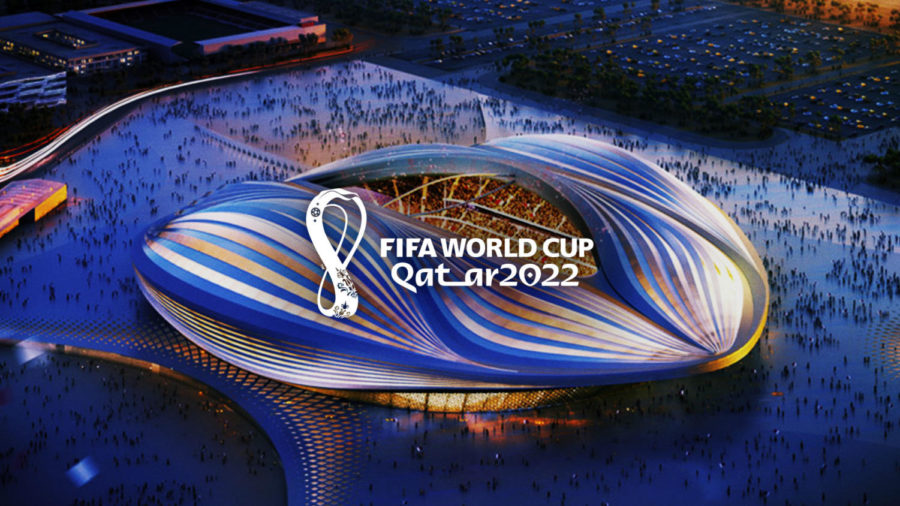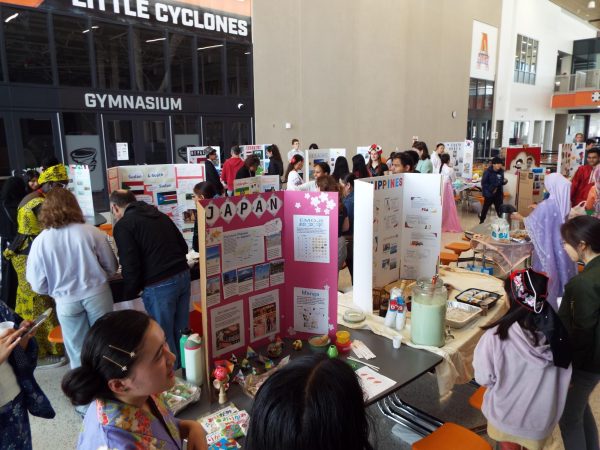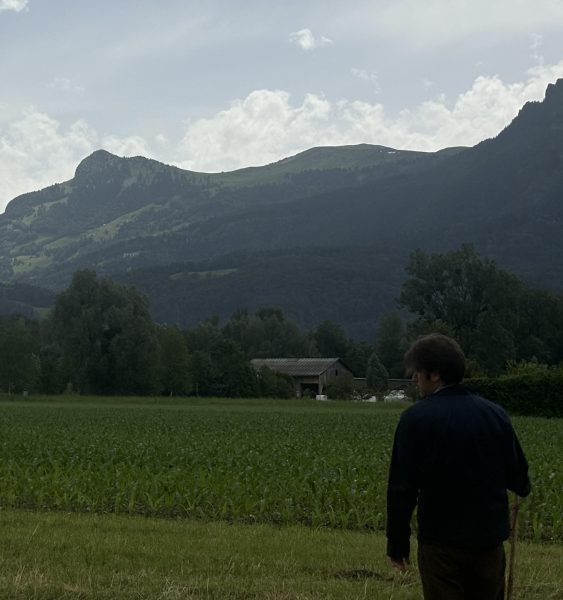To World Cup Or Not To World Cup?
Qatar Stadium at the Fifa World Cup 2022 by TubiTV Corporate
In 2010, when the Federation Internationale de Football Association (or FIFA) announced that Qatar was the hosting nation of the 2022 FIFA World Cup, a barrage of investigations began to research who Qatar was. They were interested in how a country too small and too hot could have won the bid to host the biggest international sporting event in the world. With average summer temperatures as high as 120 degrees Fahrenheit, only one existing city with the capacity to build eight new major soccer stadiums, and a local population insufficient to even build one, Qatar was not a logical candidate amongst the more suitable bids of Australia, Japan, South Korea, and the United States.
As the 2022 FIFA World Cup began its opening rounds in Qatar, a wave of international media coverage has spotlighted the controversies surrounding the country. The first controversy was around how Qatar was able to build eight new air-conditioned FIFA stadiums in the small city of Doha by outsourcing manual labor from poorer regions of countries like India, Nepal, and Bangladesh. Allegations of human rights violations for unsafe working conditions have pressed the Qatari government to review its policies regarding these migrant workers. Today, stories from migrant workers about their inhuman experiences in Qatar are all over the media. Being misled to travel to a foreign country in the promise of a good paying job but arriving and realizing that they aren’t being paid what they were promised, or sometimes not being paid at all; living in zoned districts outside of Doha to segregate the migrant workers from the Qatari population; being housed with ten or more workers in the same room with bedbugs, broken kitchens, and no working bathrooms; working 16 hour days in 100+ degrees weather, or being trapped in the country and not being able to quit or change their jobs due to their employer being their immigration visa issuer are experiences hundreds of thousands of migrant workers have shared.
From 2010 to 2020, the Guardian estimated that around 6,500 workers had died due to harsh working conditions or by suicide. However, the Qatari government has recorded all but a minuscule fraction as deaths by natural cause and provided no follow-up on how these victims passed away for the families of the deceased.
Although the international media and a network of human rights organizations have banded together to condemn the atrocious acts of Qatar, FIFA has been relatively silent about the “necessary means” the government used in order to host the 2022 World Cup. This is hardly the first case in which FIFA has supported authoritarian regimes and turned a blind eye to a host nation’s behind-the-scenes politics.
The first international example that is often provided is Nazi Germany and the Olympics in 1936. This was during World War 2 when Hitler’s war propaganda against Jewish people was beginning to transition from just talking to action.
For FIFA, the 1978 World Cup was hosted by Argentina even as a military dictatorship was murdering, silencing, and torturing protestors across the country. By turning a blind eye to Argentina’s wrongdoings, FIFA essentially gave the “okay” sign to problematic countries that received human rights violation notices like Russia and Qatar to be the next hosts in the upcoming decades. This problem became so prevalent that the term, “sportswashing” was coined in 2015. Sportswashing is defined as “the practice of individuals, groups, corporations, or governments using sports to improve reputations tarnished by wrongdoing.” (Wikipedia)
In the past decade, FIFA has been facing backlash from money laundering and corruption. An FBI investigation on several top officials led to the arrest of seven of them back in 2015. Since then, the organization has restructured many of its decision-making systems to prevent the all power of FIFA from being concentrated in just a handful of men. Even with new promises to prevent corruption within the organization, the soccer/football community at large has lost trust and love for them.
Qatar, human rights violations, corruption, discrimination, and dead workers. All of these problematic factors that have been used to get the 2022 FIFA World Cup going naturally beg the question, “Should we even be watching the World Cup if it means that Qatar is benefitting from our viewership?”
For more investigative journalism on the FIFA Qatar controversy, watch this by Johnny Harris.
Your donation will support the student journalists of Ames High School, and Iowa needs student journalists. Your contribution will allow us to cover our annual website hosting costs.

David Lee is a senior at Ames High. He joined the Web as the multimedia editor in 2022. This year, he plans to expand the Web into the videography...






























